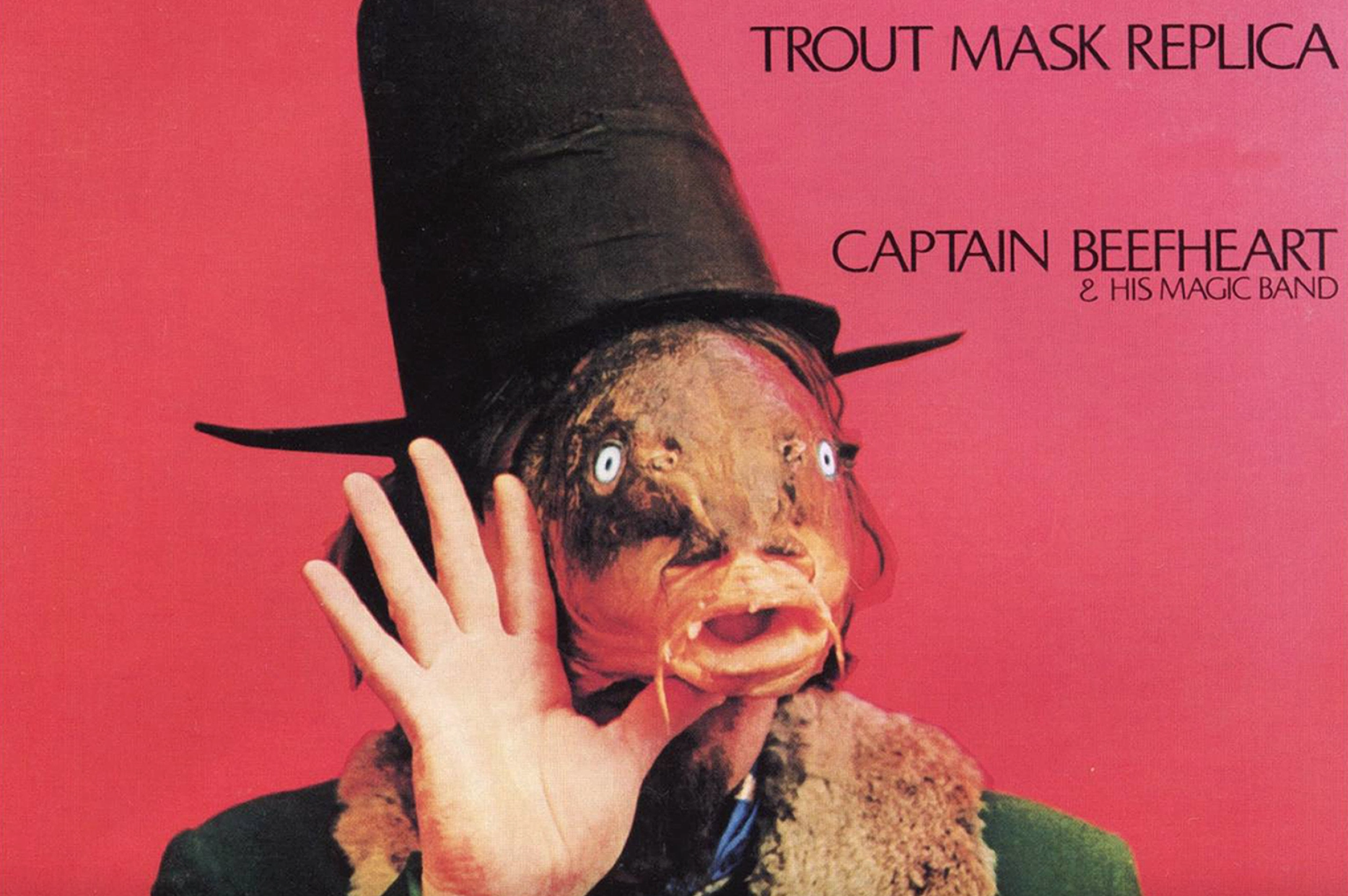Is It Experimental or Just Noise?
Image Courtesy: NPR - Jonathan Magowan
With the advent of much wider accessibility to music-making and streaming, anyone can make a song and put it out for the entire world to listen to. It’s how acts like Arctic Monkeys, Car Seat Headrest, Clairo, and Lana del Rey generated their fanbase, and have millions recognize them all over the world. Services like Spotify and Apple Music are the overwhelming majority of how music is accessed due to their ease of use and convenience. With this openness, we are living in the most diverse and progressive age of music history with endless genres and sub-genres that continue to push musical boundaries and tailor to every kind of person.
For this reason, I find myself skeptical of the argument that “music was so much better back then.” The landscape for music is so different from how it was pre-Internet or pre-iTunes that I find the comparison laughable. When these “defenders of music past” refer to music that is much worse than what it was “back then”, they usually refer to the hits they hear in public places, on someone else’s phone, or on the radio. But what these people overlook is that the reason hit songs become hit songs now as opposed to just a few decades ago is very different.
Prior to the Internet, and late into the 20th century, the only music you would hear is on the radio, in public, or from buying it physically from a store. So radio DJs would have to play a much wider variety of music and whatever song got people to buy the most records, and was most requested, would ultimately be what would become “hits.” Nowadays, radio is a much less popular medium for consuming music, and through the Internet, radio DJs know which songs are in-demand. Songs that are hits now, are mainly consumed as background noise in public places or for dancing. The personal favorites of most are reserved for streaming services.
However, the phenomenon of nostalgia for the past and disdain for the future is nothing new. George Orwell, who died in 1950, once said, “Every generation imagines itself to be more intelligent than the one that went before it, and wiser than the one that comes after it.” My father has anecdotes about how his father, a fan of Bach and Mozart, considered Led Zeppelin to be “monkey music.” At some point all music is going to be considered strange and out of grasp for the old generation to understand. But what about the stuff that even the young don’t like?
All forms of art, including music, can be considered experimental in some way, but in genre categorization, “experimental” music usually refers to music that the general public, young and old, find off-putting in some way. The concept is nothing new, with artists like John Cage, Steve Reich, Frank Zappa, and Captain Beefheart, putting out some of their boldest material in the 1950s, 60s, and 70s respectively. The success level each artist saw during their lifetimes varied from moderate to none. However, in later years because of the Internet, their work has had a resurgence in popularity in underground music circles, with Captain Beefheart’s discordant, Zappa-produced, 1969 album Trout Mask Replica being inducted into the Library of Congress in 2010.
Image Courtesy: Billboard
With these musicians reaching a larger audience, more aspiring artists found inspiration in their work, and with the Internet, regardless of actual interest in experimental music, the world found it to be much more prominent. Artists such as singer-songwriter Björk, and electronic music prodigy Aphex Twin saw major success worldwide with their glitchy, techno sound than Reich or Cage could ever have imagined. But still, these artists emerged pre-Internet or when it was very primitive.
In my opinion, the first artist to truly push boundaries with their sound and get mainstream media attention during the Internet age is the experimental hip-hop group Death Grips. The trio consists of Andy Morin, electronic music producer, and engineer, former drummer of the Math rock band, Hella, Zach Hill, and lyricist-frontman MC Ride. The band burst onto the scene with their explosive mixtape Exmilitary in 2011, with Ride’s cryptic lyrics being screamed at you over Hill and Morin’s equally loud sample-heavy, glitchy rhythms.
With the success of Exmilitary, the band was signed to Epic Records and released their first feature-length LP, The Money Store in 2012. They began a massive tour, bringing their unique live sound of Morin on a keyboard/computer, Hill on drums, and Ride on vocals to fans all over the world, as well as promising fans they would see another album released the same year. They began to be profiled and interviewed for outlets like Pitchfork, Spin, Adult Swim, and NME.
Staying true to their rebellious nature, due to a disagreement with Epic over a release of the second album No Love Deep Web, the same year as The Money Store, the band intentionally leaked the album on piracy websites and made their album cover a picture of Hill’s erect penis with the title of the LP written on it. Following the release of No Love Deep Web, they were released from Epic, formed their own label, booked gigs they wouldn’t show up to, and announced a break-up following the release of the first part of a two-part record, only to then reveal it was fake.
Needless to say, the band is controversial and their music matches that reputation with it being polarizing among those who stumble upon them. I, myself (if you couldn’t tell already), am a massive fan, yet my brother and father, who have endured extended listening sessions with me, find them grating, loud, and according to my father, “just noise, not music.”
Although I disagree with my father, it begs the question, at what point should sounds made to convey an emotion or idea, not be considered music? While I don’t think there is a concrete answer, some say rhythm or melody is the deciding factor but one can find that in almost any recording of sound, whether it be a looped clip of someone speaking or a rock ballad. All of these “experimental” acts have had a major influence on their art as a whole and found a fanbase whether big or small that enjoys their output as music so ultimately I’d say, what does it matter?
Strike Out,
Writer: Matias Civita
Editor: Racquel Gluckstern
Tallahassee


